Categorization skills Numbers Worksheets for Ages 3-9
5 filtered results
-
From - To
Discover our engaging Categorization Skills Numbers Worksheets designed for children ages 3-9! These interactive resources help young learners develop essential mathematical skills by introducing them to categorization through numbers. With vibrant visuals and fun exercises, kids will practice grouping numbers based on various attributes, enhancing their critical thinking and problem-solving abilities. Our worksheets cater to different skill levels, ensuring that every child finds the right challenge to grow their understanding of numbers. Perfect for use at home or in the classroom, these worksheets provide a solid foundation for future math success while making learning enjoyable and accessible for all!
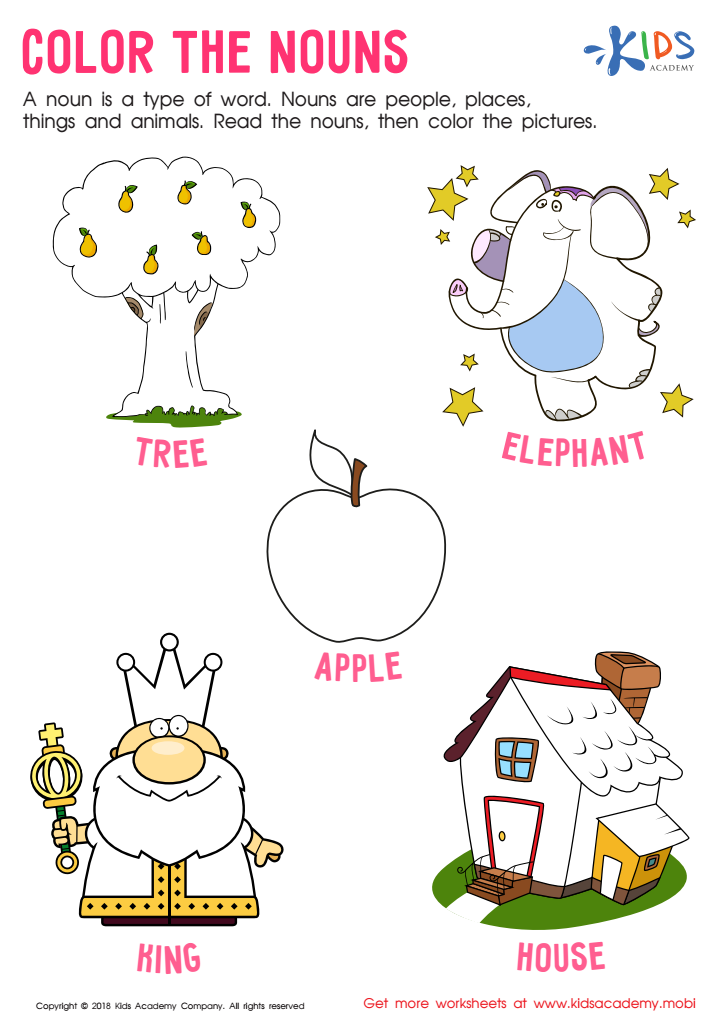

Color the Nouns Worksheet
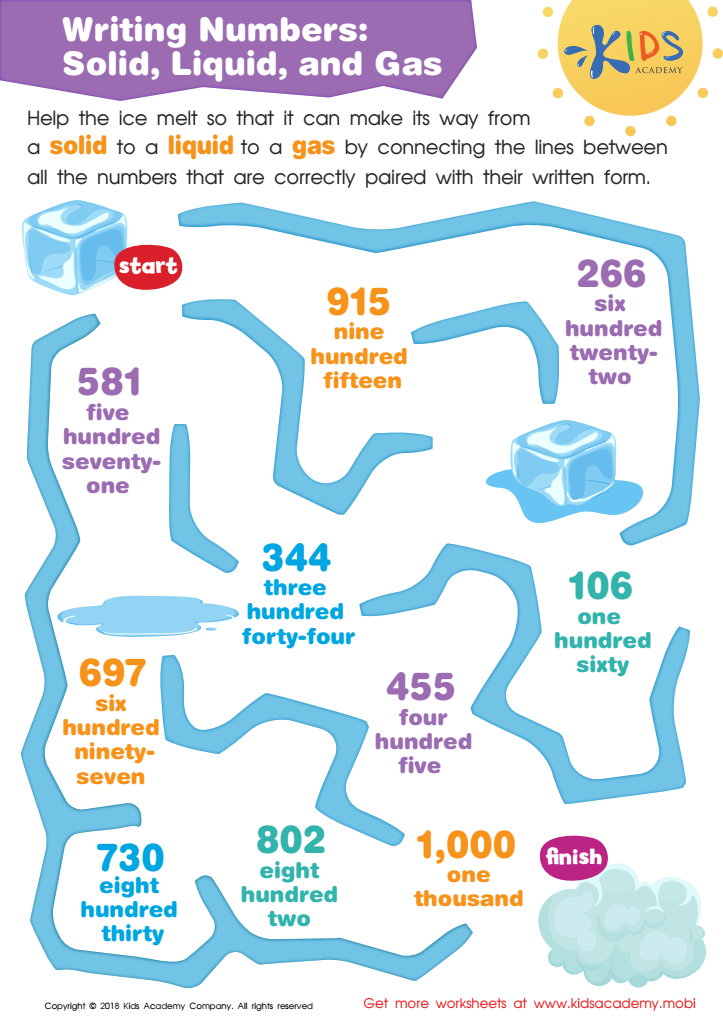

Solid, Liquid, and Gas Writing Numbers Worksheet
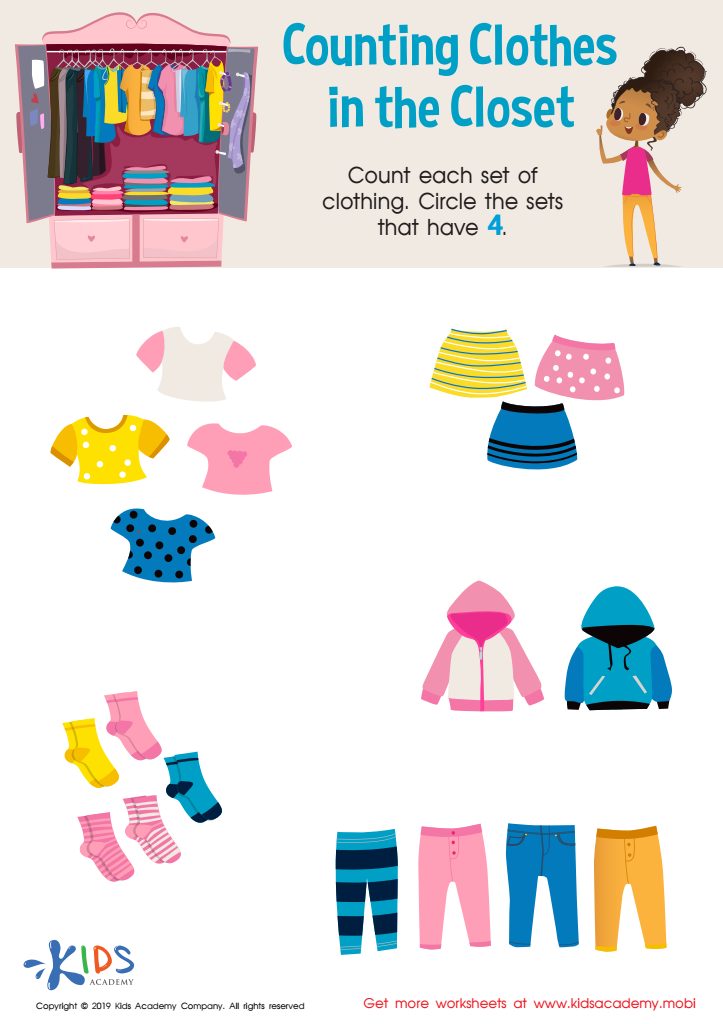

Counting Clothes Worksheet
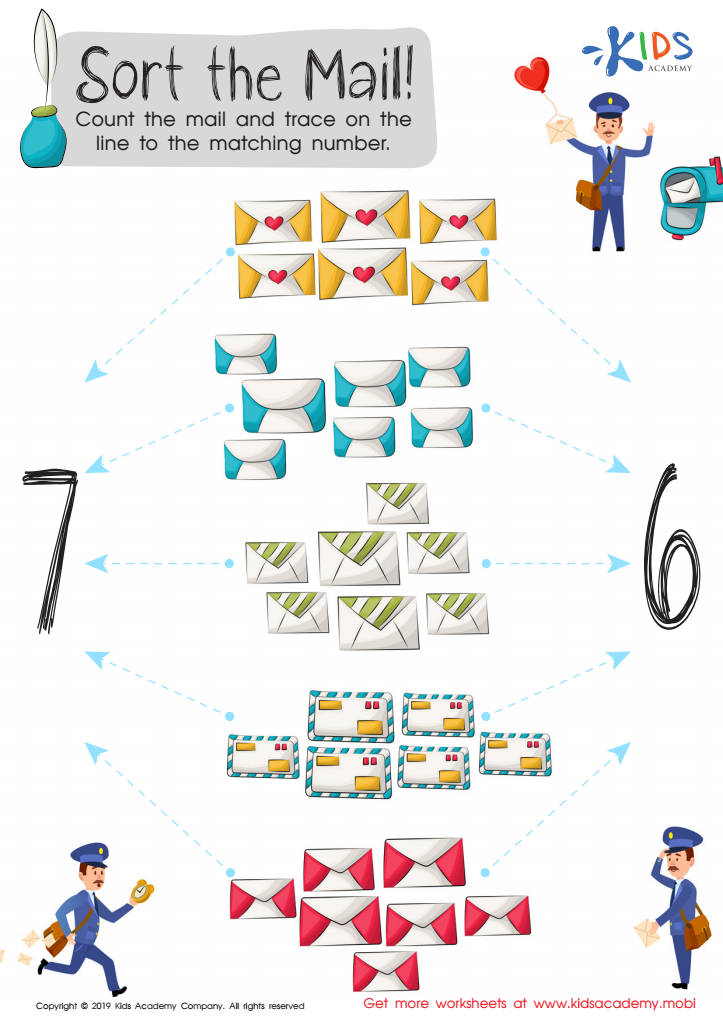

Sort the Mail Worksheet
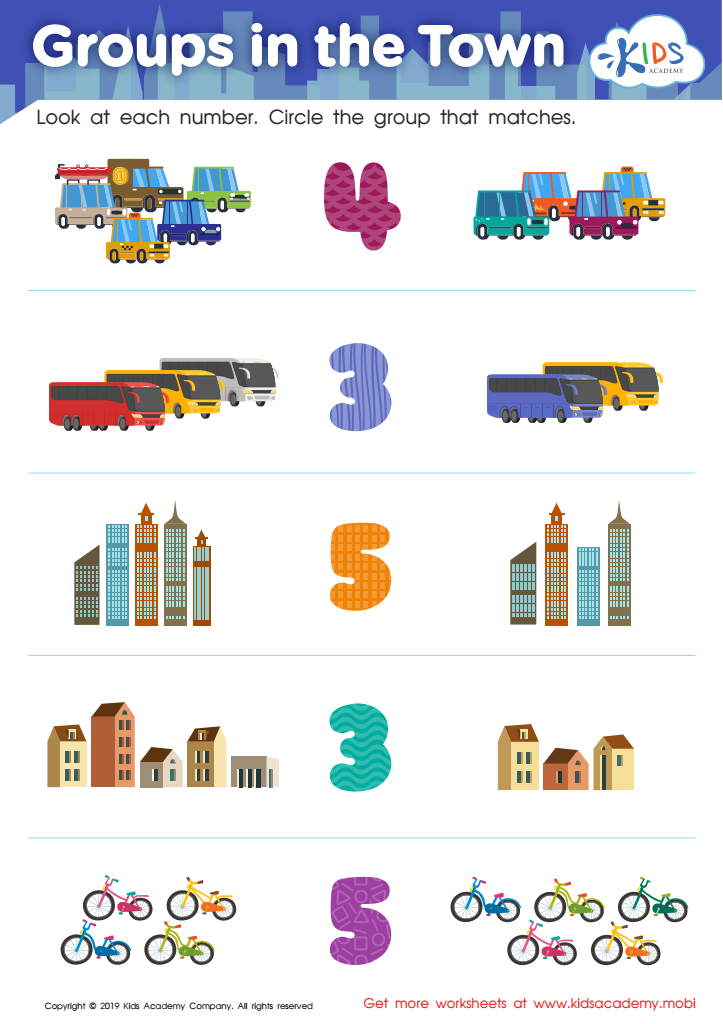

Groups in the Town Worksheet
Categorization skills and understanding numbers are crucial for children aged 3-9, forming the foundation for their cognitive development and future academic success. By developing categorization skills, children learn to organize information, recognize patterns, and make connections between different concepts. This ability is essential for their overall problem-solving skills and critical thinking.
For early learners, exposing them to numbers within categorization skills can enhance their mathematical understanding. Children can start to discern quantities, differentiate between more or less, and categorize objects based on varying attributes, allowing them to grasp essential mathematical concepts like addition and subtraction naturally.
Furthermore, engaging in categorization activities prepares children for more complex tasks they will encounter in school, such as grouping, sorting, and comparing, all fundamental aspects of mathematics and science. As they learn to categorize and manipulate numbers, they develop greater confidence and proficiency in mathematical language.
Parents and teachers play a vital role in fostering these skills through interactive play, structured activities, and encouraging exploration. By prioritizing categorization and numbers, caregivers can equip children with essential tools to navigate their learning journey, ultimately empowering them for lifelong learning success.
 Assign to My Students
Assign to My Students



















